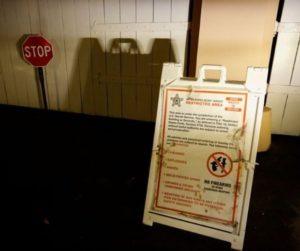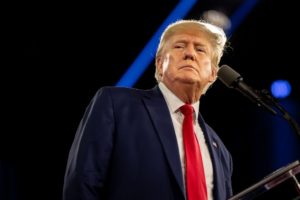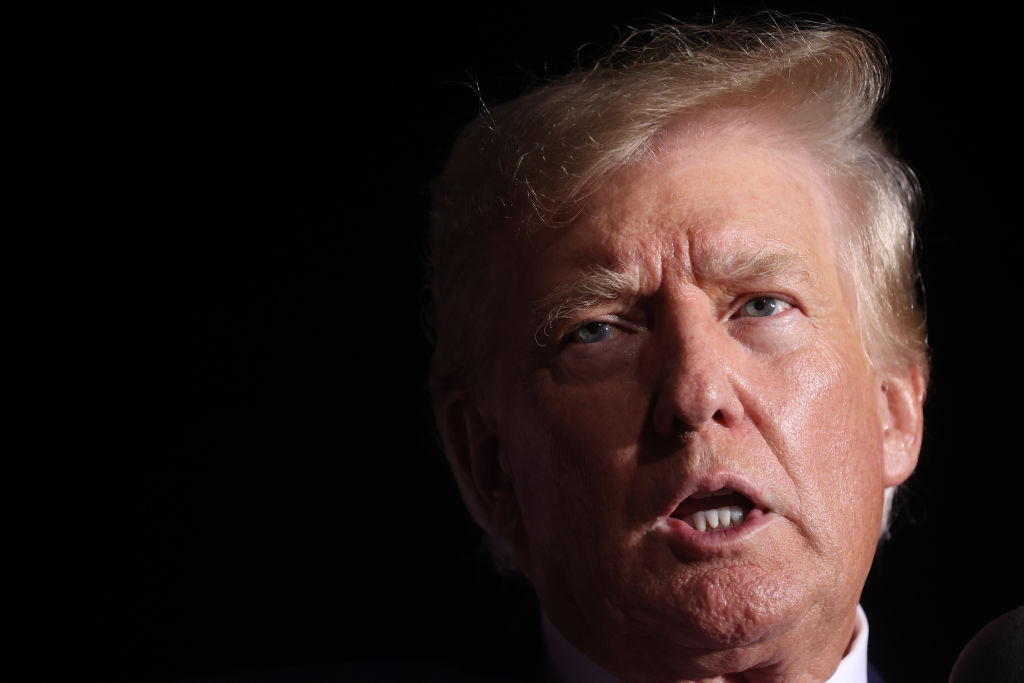With the raid on former President Donald Trump’s Florida residence, Mar-a-Lago, questions are being raised regarding the unprecedented nature of such an action. What was in the search warrant, and how was it executed? And in what legal waters does the 45th president find himself?
Liberty Nation Managing Editor Mark Angelides spoke with constitutional scholar and Legal Affairs Editor Scott D. Cosenza to ask the questions everyone wants answered.
Mark Angelides: Let’s talk a little about the raid. What procedure did the FBI have to follow to get the warrant?
Scott D. Cosenza, Esq.: Our Constitution’s Fourth Amendment controls the issuance of a warrant. It says: “no Warrants shall issue, but upon probable cause, supported by Oath or affirmation, and particularly describing the place to be searched, and the persons or things to be seized.” So the FBI had to present themselves before a federal judge or magistrate to allege that there was a federal crime and describe evidence of that crime and that it was or was likely to be found at Mar-a-Lago.
Multiple media outlets report that US Magistrate Judge Bruce E. Reinhart signed the warrant. Reinhart was appointed to his position by the district and appellate court judges in his district, which is not uncommon for magistrates. He was previously a presidential appointee in Bill Clinton’s administration.
Angelides: Is this procedure likely to be different when being served on a former president?
Cosenza: The only thing that I imagine would be different about the procedure, given its target, is that all those involved would be sure to dot their i’s and cross their t’s, as well as seek guidance from their superiors before proceeding. It strains credulity to imagine a junior agent blindsiding a superior with this kind of thing.

(Photo by Eva Marie Uzcategui/Getty Images)
Angelides: Multiple outlets are reporting that a professional safecracker opened Trump’s personal safe, and – according to Eric Trump – that safe was completely empty. Does law enforcement require a special type of warrant to open secure storage?
Cosenza: Secure storage places like safes are not afforded any extra protection from searches. As you might imagine, that’s precisely where many people would hide evidence of criminality if they possessed the same.
The evidence must be described with particularity, and those executing the warrant can search for that evidence wherever it may be. There are some limitations, however. Imagine a case where a samurai sword was evidence, and a search of a residence is authorized to find it; agents would not be able to look inside a small document safe during that search. Only a vessel capable of containing the evidence listed could be searched.
Presidential Documents Sought in Raid?
Angelides: On a similar topic, Scott, some esteemed legal commentators have made the point that searches like these are usually executed when there is a fear or suspicion the evidence sought may be destroyed or otherwise spoiled. Trump wasn’t in Florida at the time it was conducted; in fact, it’s been widely reported that he was in New York. Are there other circumstances where this type of entry and search might be made?
Cosenza: None springs to mind, Mark. I suspect agents waited until he left the property because they were sensitive to it being an even more explosive story if he were there. When people are present as warrants are executed, they are often detained, especially initially. You can imagine how much bigger this story would be if former President Trump and his family were frisked and cuffed!

Donald Trump (Photo by Brandon Bell/Getty Images)
Angelides: These investigations are often top secret, so we know very few details for sure, although Speaker of the House Nancy Pelosi (D-CA) hinted that the “chatter” was about “presidential documents” that should be “preserved for history.”
I’m sure you remember the case of Sandy Berger, the former Clinton adviser who stole records before testifying at the 9/11 Commission by stuffing them into his pants and socks. He got a misdemeanor charge, a $50,000 fine, two years’ probation, and 100 hours of community service. And to top it off, he lost his security clearance for three years. Now, we have no idea whether any of this applies to Trump, but for these types of cases, is this kind of sentencing common?
Cosenza: There is nothing common about this case and the situation is too rare to understand trends in sentencing.
Angelides: Politicians on both sides of the aisle, from Senator Ted Cruz (R-TX) to former New York Governor Andrew Cuomo (D), have stated that the DOJ should be immediately transparent in what it was doing at Mar-a-Lago. The White House says it learned the news of the raid on Twitter. At some point, someone in the DOJ will brief the president himself and perhaps the nation, but to whom does the DOJ answer in these situations?
Cosenza: All the DOJ staff ultimately answer to Attorney General Merrick Garland, and he to President Biden. Of course, Congress exercises oversight authority over federal agencies. As House Minority Leader Kevin McCarthy (R-CA) has promised, Republicans, should they take control of one of the houses of Congress, are likely to examine with zeal the processes and decisions by DOJ personnel that led to this raid.




